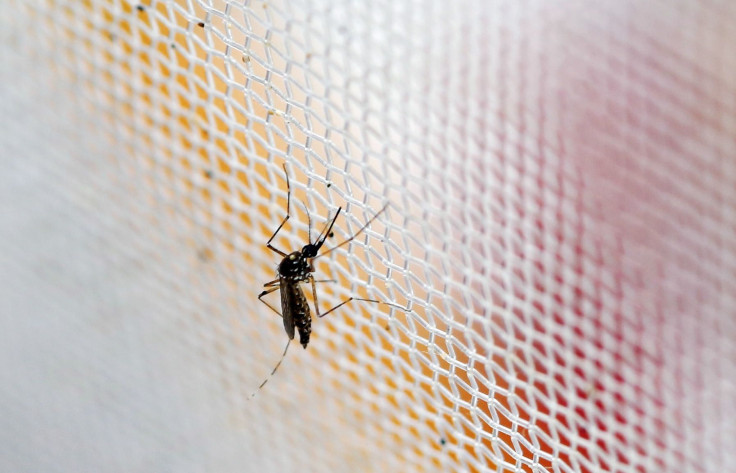Zika Virus Outbreak 2016: Sanofi’s Hunt For Vaccine Gains Momentum, Google To Map Virus Spread

French drug maker Sanofi reportedly announced Thursday that it had assembled a team of 80 in-house experts to accelerate the search for a vaccine for the Zika virus, with pre-clinical trials of a potential vaccine in animals scheduled to start this spring. The announcement comes a month after the company launched a program to start research on a vaccine against the virus that has been linked to cases of birth defects and neurological problems across the Americas.
Sanofi, which created the world’s first vaccine for dengue, a related mosquito-borne disease, reportedly said it hoped to apply its technology from those products to accelerate the Zika vaccine hunt. The pharma major already sells vaccines for Japanese encephalitis and yellow fever.
With cooperation from global regulators, the company could enter human trials next year, Nicholas Jackson, head of the Sanofi Zika program, told Reuters, adding that the “backbone” of the vaccine Sanofi intends to use has been used safely in millions of patients to date.
In the initial stages of pre-clinical trials, a drug or a medicine is tested for its safety rather than its efficacy.
"It is our ambition to slash years off the normal timeline required for a vaccine," Jackson told Reuters Thursday. The World Health Organization estimates that there are about 15 independent studies researching vaccines against Zika, such as India's Bharat Biotech, U.S. firm Inovio and the U.S. National Institutes of Health.
The WHO declared the outbreak of the Zika virus a public health emergency of international concern in February citing an unproved but strongly suspected link between the virus and the birth defect, known as microcephaly, which leads to smaller heads, developmental delays and other disabilities in newborns.
The last time an outbreak qualified as such an emergency was the Ebola in West Africa in 2014.
Meanwhile, Google also threw its weight behind the fight against the virus Thursday, and said its engineers were working with the United Nation’s child welfare agency, Unicef, to map the spread of the virus and identify potential outbreaks. The search giant also announced a $1 million grant for Unicef, to be used for mosquito eradication, vaccine development, and awareness campaigns.
© Copyright IBTimes 2025. All rights reserved.





















